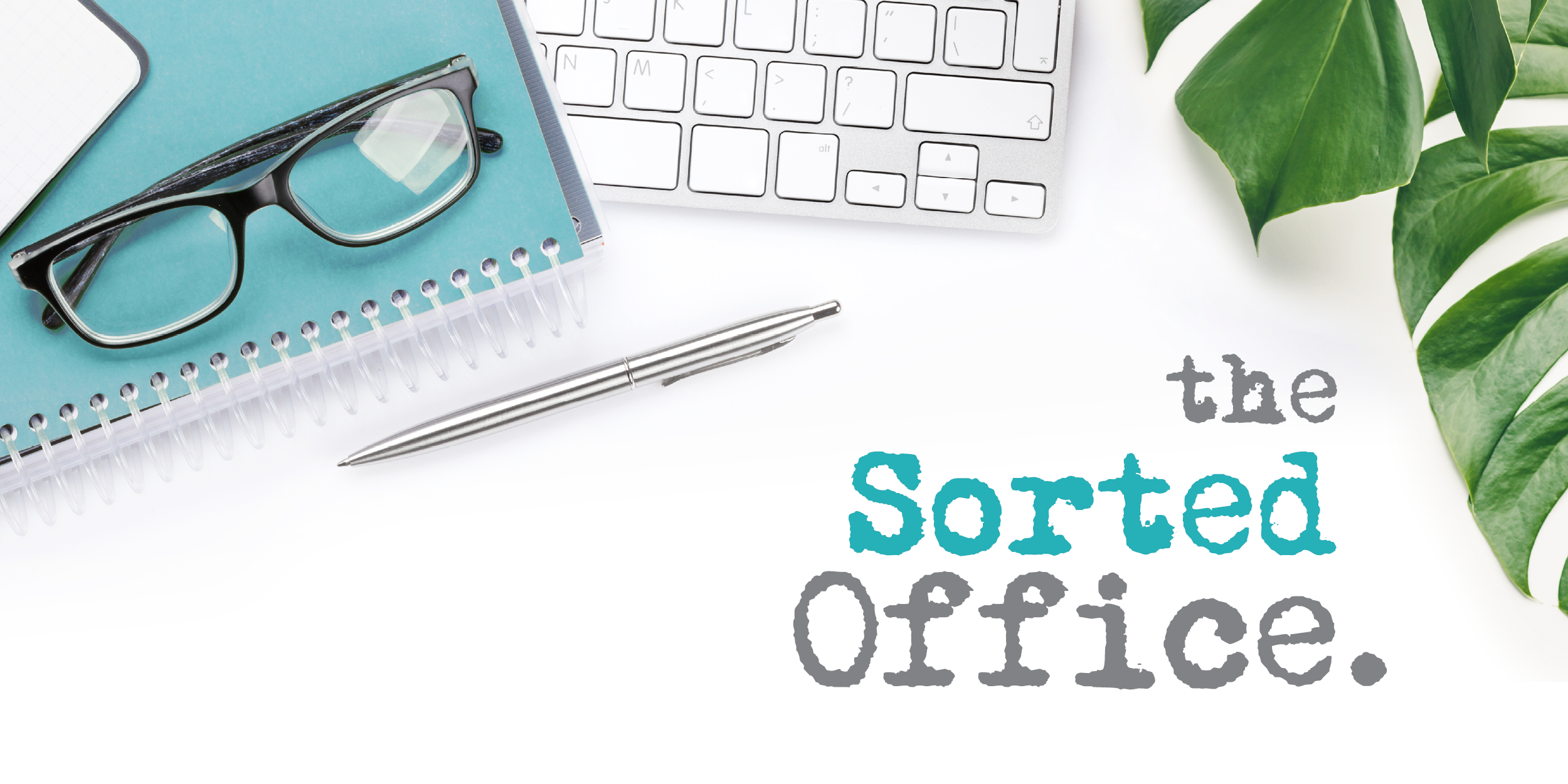
"Our mission is to help our customer's succeed in their business, while supporting them every step of the way"
|
|

We are excited to announce that we will be offering training and implementation of MYOB Accounting Software, more on this to come soon.
Read more about MYOB here, they have some good deals for new startups.
|
|

The purpose of a business is to make money, and that means you have to know the difference between profit and cashflow.
Net profit is what you have left after you deduct all your business expenses from all your revenue. You change net profit only by changing the things that affect revenue and expenses.
For example, if:
- You renegotiate with your suppliers, you may get stock cheaper, or carry less inventory
- Your staff engage with customers better, you can learn more about what they do and don’t like – and get more business
- You can roster staff differently, you may be able to run your business more efficiently.
Cashflow comes from various sources. However, it also covers operating expenses, taxes, equipment purchases, repayments, distribution, and so on.
Note that a profitable business does not always have good cashflow. And a business with good cashflow is not always profitable. For example, you can have good cashflow, and loss-making expenses.
To work out how fast you can grow your business, you need to look at your projected cashflow. We can advise you on this.
Keeping cash crowned as King
Your business can’t survive without cash.
The following six takeaways are essential for business success:
- Protect your cash position, by knowing what it is. Build a cashflow statement and always keep it up-to-date. If you foresee a shortfall, start at once to fix it.
- Create a cash buffer as an insurance against unexpected difficulties.
- Protect your cash position against revenue shocks, by maintaining a balance equivalent to at least two months of operating expenses.
- Be realistic with revenue expectations. Take action now if it looks like sales are not going to get you to breakeven.
- Credit checking up front will reduce the risk of customer non-payment. Make sure you follow up with clear payment terms agreed in writing. Communicate regularly with customers and automate where possible.
- Every dollar you spend reduces cash reserves. The best way to protect your cash is to create a budget for the spend you know you need, and stick to it.
Looking to improve cashflow? Make a time to talk to us. We are here to help.
|
|
Small Business Bookkeeping for beginners
What is bookkeeping?
Bookkeeping involves recording and classifying all the financial transactions in your business. It’s keeping track of what your business spends and what your business receives.
These tasks used to be managed using books and ledgers, hence the name ‘bookkeeping’. Originally the transactions would be recorded in daybooks, cashbooks, or journals and then transferred to a ledger.Bookkeeping software has now pretty much replaced the need for physical books.
|
|